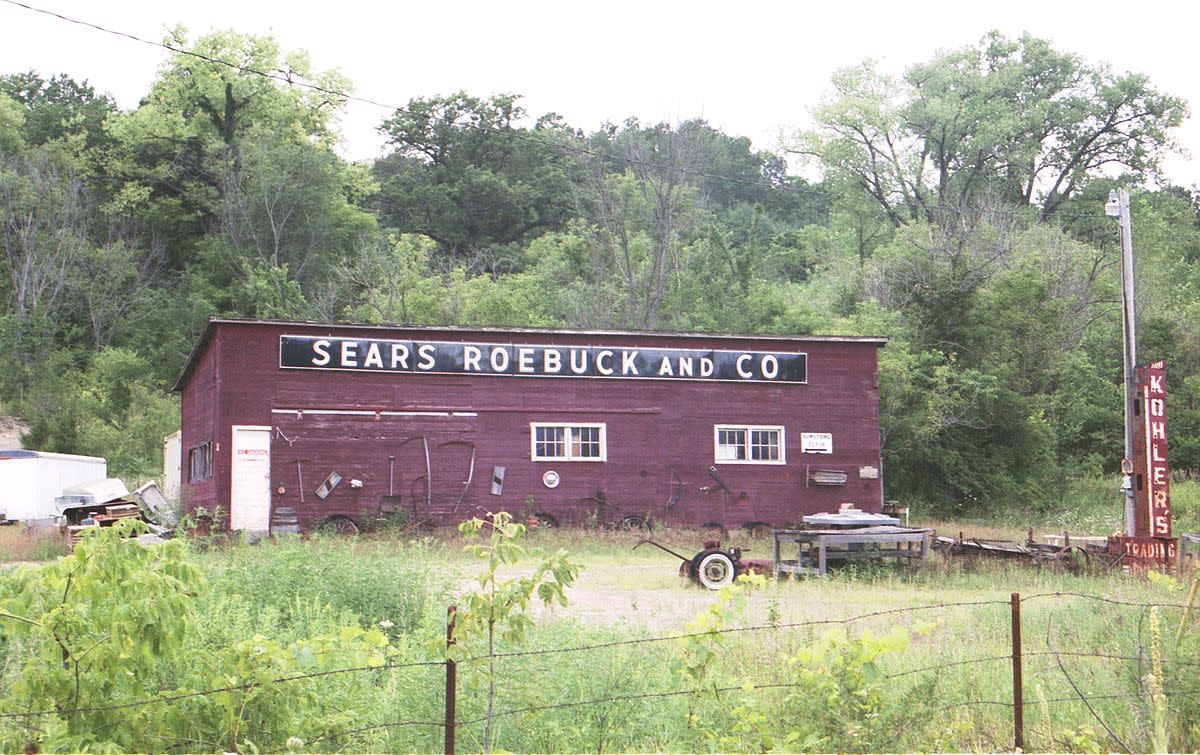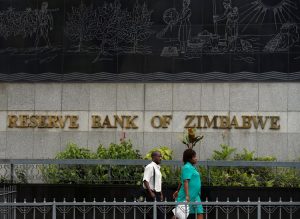This will not be an IP column. Under the circumstances, writing one this week seems inappropriate somehow, especially when cellphones throughout my house start blaring every night around 7 p.m. “Imminent Extreme Alert.” “Citywide curfew in effect for NYC. 8PM-5AM Nightly.” I am into my fifth decade as a native Brooklynite. Never would I have imagined the current state of things. Just a few months ago, nightfall brought a seemingly unending string of ambulance sirens offering eardrum-shattering testimony to COVID-19’s silent and deadly reach into Brooklyn’s neighborhoods.
Now, the sounds of righteous anger engulf Brooklyn’s landmarks as the populace of a diverse city rises up in the face of injustices rendered both in the present and across generations. Naked anguish confronts us in the faces in our neighbors, whether it be because of the economic impact of the COVID-19 lockdown, or the loss of friends and family to the ravages of the coronavirus, or the total and utter disgust of right-minded people with those who perpetuate racism against minorities.
Yes, there is anguish, but there is also hope. Hope that the resilience of New Yorkers will once again overcome the current difficulties. And that a healthier, more cooperative, more unified society will soon be seen — in our city and across our country.
No thinking person has been left untouched at this moment. First, our physical spaces constricted as all but the most essential of us were asked to stay home. Now, many have taken to the streets, joining together to demand a better society, even in the face of the continued health risks that make a return to the way things were seem more unlikely with each passing day. It is a time of struggle on many fronts, with every responsible adult confronted with the need to process the meaning of what continues to unfold. How each of us undertakes that process surely differs. So too are the conclusions and resolutions for change we each will eventually reach and adopt.
As much as we focus on the image we project to others, it is often much more important to focus inward, especially during times of crisis. Because as much as we share, we are all individuals at bottom, blessed with the free will and intellect to decide our own courses of action in the future, as well as our responses to the events of the present. The path we take to get where we want to go is ours alone.
A grateful spirit always helps. Even when it might seem hard to find things to be grateful for. In truth, I am blessed not to have that problem. But the times also demand that I reflect on the struggles of those that came before me, as we all reckon with the struggles we are facing as a society. What helps, at least for me, is to try to learn, even as we are barraged on all sides by those who claim to have all the answers we need. Right now — in addition to my usual study of Jewish religious texts on a daily basis — my encounters with two very different outlets have served as fuel for introspection even though they both speak to me in profound ways.
Perhaps because I am a first-generation immigrant, son of parents who were forced to flee their native Egypt due to religious persecution, I have always been a student of American history. (I majored in history in college and seriously considered taking at least a master’s in American history before starting law school. And yes, history studies are good training for a career as a patent litigator, with their focus on the close reading of texts and trying to place ideas in the proper historico-conceptual framework.) At the moment, I am in the midst of Ron Chernow’s magisterial portrait (the basis of a current miniseries on the History Channel, for those who prefer watching to reading) of one of my childhood historical heroes, Civil War military legend and two-term president Ulysses S. Grant.
While I was long acquainted with Grant’s exploits as the commanding general of the Union army, I was less versed in his early life, which Chernow’s biography describes in fascinating detail. Many know, for example, of Grant’s presiding over Reconstruction. But I did not know that despite his significant financial struggles as a young father, he freed the only slave given to him as a dowry by his wealthy slave-owning father-in-law. Or that he was a middling student at West Point, distinguished only by his horsemanship and preternatural calm under pressure. But it was him, not his more decorated classmates, that rose to the pinnacle of military and political power. I find comfort in his story, if only as a reminder that grit and dedication to principles have always been as key to success in this country as the privilege of wealth or class.
Learning is not restricted to what can be gleaned from 500-plus-page works of nonfiction. As the son of Egyptian immigrants, I have never seen an accurate depiction in popular culture of growing up in America in a household defined by Middle Eastern sensibilities and customs. Until now, with Hulu’s Ramy, the critically acclaimed comedy series about a Muslim family in New Jersey created by and starred in by Golden Globe winner Ramy Youssef. I am Jewish, not Muslim, but as the show reminded me, I also have plenty of Egyptian in me as well. From the food and table manners to the storyline involving romance between first cousins (I promise, it is common in Egypt, and no, neither I nor my siblings was born with nine heads) to the nostalgia expressed by a character for speaking French, the show stirred up recognition of a key part of my identity precisely at the time that so many of us are being asked to consider how to respect our differences while celebrating our similarities.
At the same time, Ramy’s telling of the challenges faced by immigrant families rings true, especially when those immigrants are adherents of a minority faith, or come from a culture that is very different from that of the typical American. Perhaps more importantly, the show reminds us that even among struggles, both personal and cultural, there is still room for laughter, joy, faith, family, and growth — propelled by the typical American optimism that freedom and opportunity for all will lead to better lives for all. To get there, we must strive to better ourselves, help those less fortunate, and remind ourselves that our society will endure as long as good people of all races and creeds work together for the benefit of all our country’s people. Here is hoping the tragedies of our recent past make way for a better future very soon.
Please feel free to send comments or questions to me at gkroub@kskiplaw.com or via Twitter: @gkroub. Any topic suggestions or thoughts are most welcome.
Gaston Kroub lives in Brooklyn and is a founding partner of Kroub, Silbersher & Kolmykov PLLC, an intellectual property litigation boutique, and Markman Advisors LLC, a leading consultancy on patent issues for the investment community. Gaston’s practice focuses on intellectual property litigation and related counseling, with a strong focus on patent matters. You can reach him at gkroub@kskiplaw.com or follow him on Twitter: @gkroub.
 Joe Patrice is a senior editor at Above the Law and co-host of Thinking Like A Lawyer. Feel free to email any tips, questions, or comments. Follow him on Twitter if you’re interested in law, politics, and a healthy dose of college sports news. Joe also serves as a Managing Director at RPN Executive Search.
Joe Patrice is a senior editor at Above the Law and co-host of Thinking Like A Lawyer. Feel free to email any tips, questions, or comments. Follow him on Twitter if you’re interested in law, politics, and a healthy dose of college sports news. Joe also serves as a Managing Director at RPN Executive Search.




 Tyler Broker’s work has been published in the Gonzaga Law Review, the Albany Law Review, and is forthcoming in the University of Memphis Law Review. Feel free to
Tyler Broker’s work has been published in the Gonzaga Law Review, the Albany Law Review, and is forthcoming in the University of Memphis Law Review. Feel free to 
 Kathryn Rubino is a Senior Editor at Above the Law, and host of
Kathryn Rubino is a Senior Editor at Above the Law, and host of 










